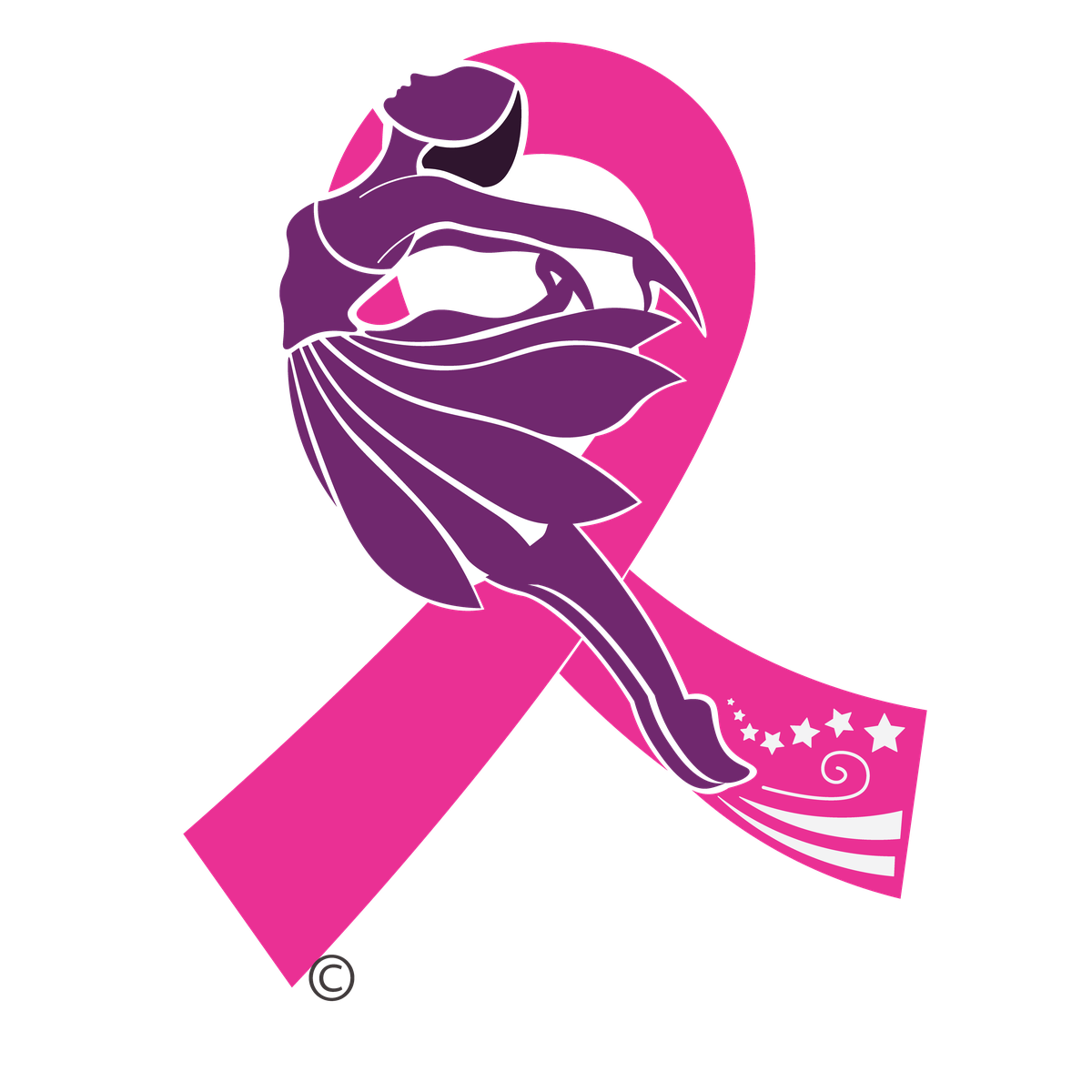Rakesh Kumar
| Photo Credit: Special arrangement
As a molecular cancer biologist, Rakesh Kumar has been dealing with unique factors of breast cancer in young women. He recently started a Foundation to address this issue.
In the last 38 years, he has served as a faculty member at leading U.S.-based universities and cancer centres including the Memorial Sloan-Kettering Cancer Center and the University of Texas MD Anderson Cancer Center, engaged in innovative basic and translational research in breast cancer progression.
After a Master’s degree in Chemistry from Bareilly College in 1976 and PhD in Biochemistry from the All India Institute of Medical Sciences in New Delhi in 1984., he worked at AIIMS for a brief period. He migrated to the U.S. in 1986 and started training at the Memorial Sloan-Kettering Cancer Center in New York City.
Mr. Kumar says that the BCYW Foundation is collaborating with NGOs focused on younger women’s breast cancer and a team of global ambassadors in 14 countries.
In an email interview, Mr. Kumar elaborates on the purpose and goals of the Foundation:
What led to the formation of the BCYW Foundation?
The incidence of breast cancer in young women, under 40 years of age, is increasing in the United States and most other parts of the world. After listening to practising oncologist colleagues describing their young patients with breast cancer asking, ‘Why me?’, my team and I realised these young women could be their daughters or granddaughters in future and were inspired to create a comprehensive platform focusing solely on this age group.
The Foundation’s goals are to lower the incidence of breast cancer in young women and improve the quality of life and the chance of cure for those who develop the disease. The BCYW Foundation also bestows funding to support advanced research, to increase awareness of breast cancer in young women thereby empowering them with the knowledge to detect the disease at an early stage when the probability of cure is the highest.
How different or similar is India in terms of number of cases?
As per 2020 WHO data, the overall incidence of breast cancer in India (about 26.29% of all female cancers) is not much different as compared to the global breast cancer ratio (about 24.5% of all women cancers). However, the percentage of new cases in younger women under 39 years in India is about 15.69 of all breast cancer cases until +85 years, as opposed to the global incidence of 10.96% in younger women under 39-yr.
Is your Foundation collaborating with any Indian institution?
At the moment, the Foundation is closely working with the Cancer Research Institute at the Swami Rama Himalayan University in Dehradun but interacting with doctors in different parts of India. In addition, the foundation has entered into partnerships with Niramai from Bangalore in the area of breast cancer screening as well as with the Asian Society of Mastology (ASOMA) to spread the Foundation’s message and material to their membership and beyond.
What’s the concept behind the Foundation’s logo?

The BCYW logo
| Photo Credit:
Special arrangement
The BCYW Foundation logo, the Pink-Purple Ribbon was designed to honour the fight of the young women facing the disease. The team added the silhouette of a woman gracefully flying to represent her journey through breast cancer and her fight to “get back on the other side” (to become healthy again).
The colour purple signifies dignity, equality and justice and is most appropriate for representing the struggle of the young women against a common cause. The white waves in line with the body represent a young woman’s power, boldness, courage, and tolerance to win any battle, while the woman’s flight in the sky symbolizes her positive attitude to defeat breast cancer. The stars denote badges of hope, an enlightened path, and shining lights.